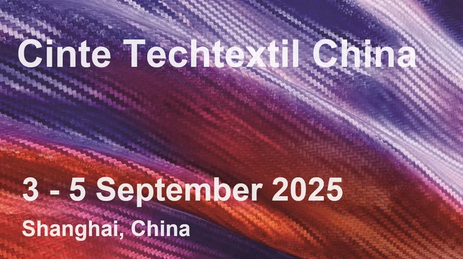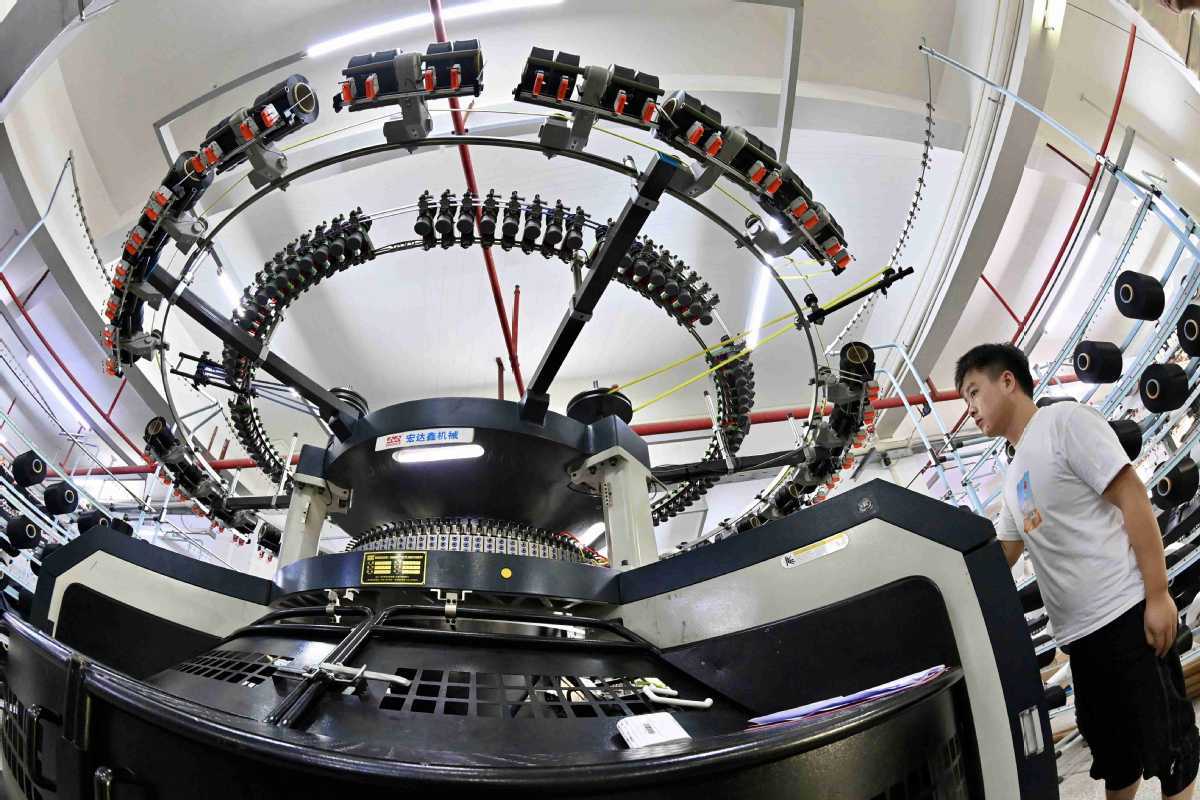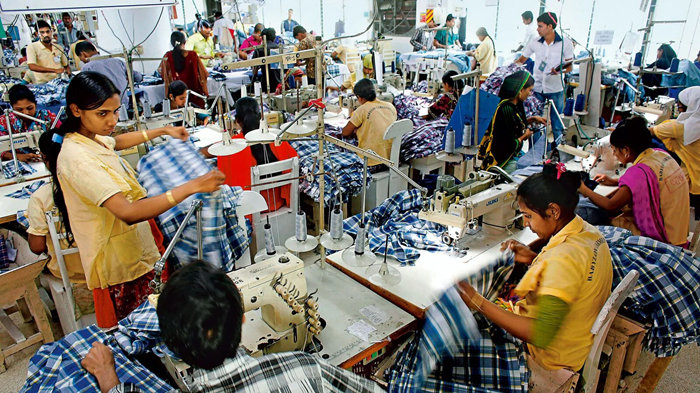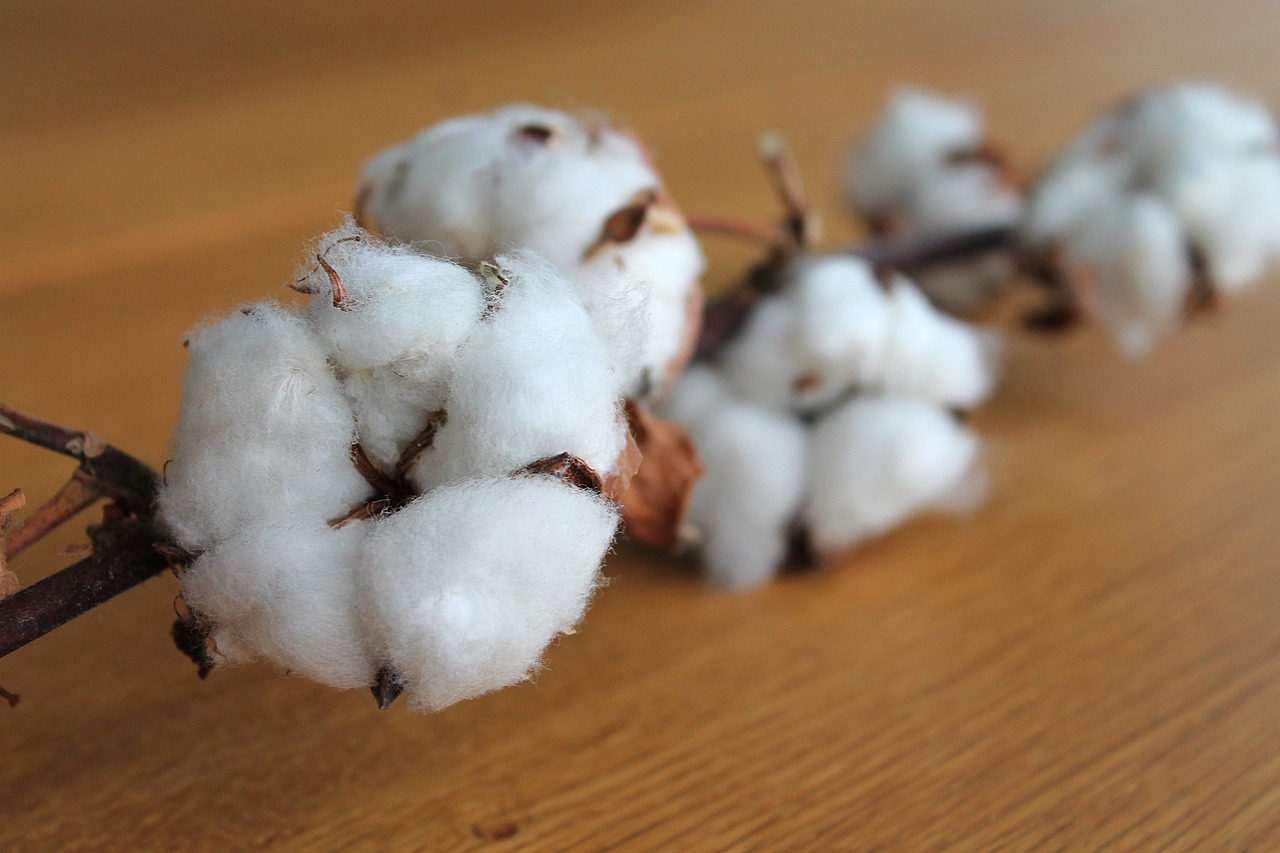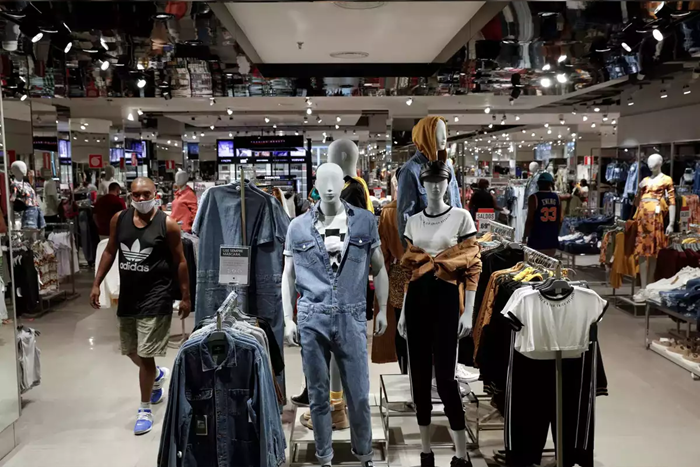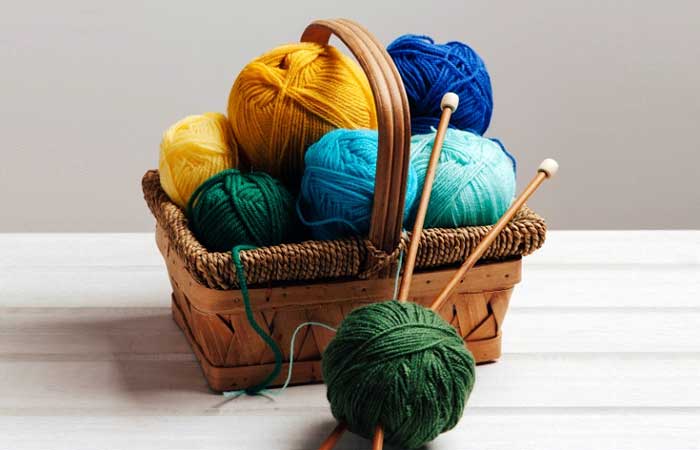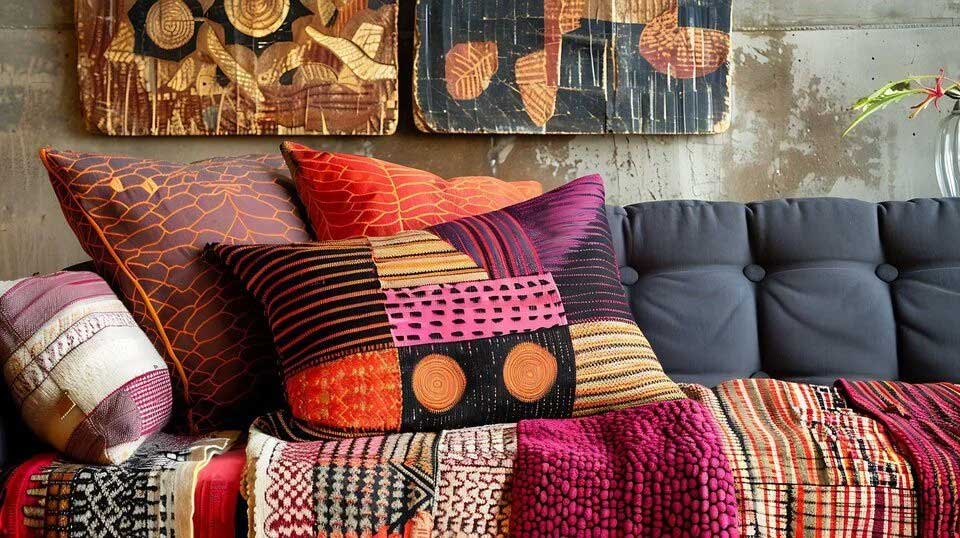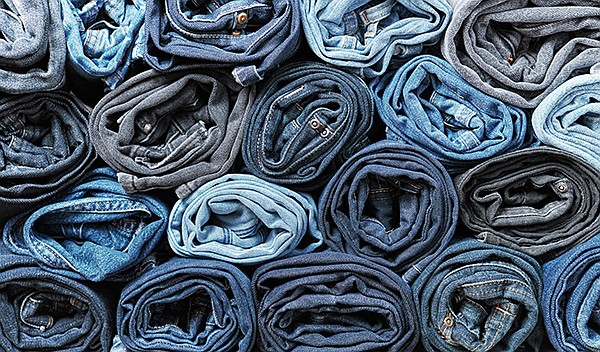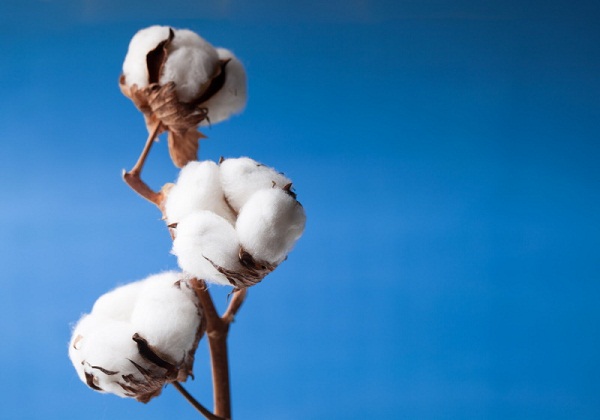
Cotton made in Africa (CmiA) has witnessed a surge in demand going past previously achieved records. Stats reveal, over 600 million worth of CmiA textiles were sold this year almost double that of last year. CmiA’s licensed retail and brand partners also grew around 30 per cent in the past four years.
The initiative boasts of some of the biggest retail and fashion partners in India including Bestseller, Lidl, LPP, and the Otto Group. It produced around 690,000 tons of verified cotton last year, which is around 40 per cent more than previous year. Currently active in 11 countries of the Sub-Saharan Africa continent, CmiA made supports around one million small-scale farmers.
Growing demand in 50 markets
“The record levels of supply and demand achieved by CmiA highlights the importance of sustainable raw materials in international value chains,” says Tina Stridde, Managing Director, Aid by Trade Foundation, administrator of the organization. v The initiative is supported by textile companies across the world, and cotton companies in the entire Sub-Saharan Africa continent. Together, these two entities have been able to boost demand in over 50 textile production markets. “They prepare small scale farmers to deal with current climate change challenges by aligning with market forces and introducing innovative and efficient farming methods,” Stridde explains.
Currently working with small-scale farmers in Benin, Burkina Faso, Côte d’Ivoire, Cameroon, Chad, Nigeria, Mozambique, Zambia, and Tanzania, CmiA has recently partnered with farmers in Togo and Ghana. The organization has also expanded its textile value chain to encompass 240 spinning mills across the world in 2021. Lidl Group, Otto Group and the Ernsting family are the three largest buyers of CmiA. And as Alexander David, Head-International Purchasing Division, Lidl Shiflung & Co KG says, “By using CmiA-verified cotton, we aim to support local farmers in Africa and promote environmentally friendly agriculture.”
Anna Rensing, Head-Quality Development and Product Sustainability, Enrsting adds, “CmiA helps us achieve complete certification for our natural-fiber products. We also plan to increase CmiA’s share in cotton sourcing by 487 percent between 2020 and 2021.”
Monitoring compliance with existing standards
Members currently have to pay licensing fees for procuring verified cotton. The initiative reinvests the proceeds in cotton-growing African regions. It also uses some of these funds to monitor compliance with social, economic and environmental sustainability standards through regular certifications by external auditors at the field and ginnery levels. This ensures verified cotton meets exclusion criteria—like prohibition on irrigation, child labor, genetically modified seeds, and certain pesticides as defined in international conventions. Revenue acquired through this also supports agricultural and business training for small-scale farmers.
An internationally recognized seal for sustainably produced cotton from Africa, the CmiA initiative was established by the Hamburg-based Aid by Trade Foundation (AbTF) in 2005. It is currently one of the world’s leading standards for sustainable cotton. The initiative reinvests the revenue obtained through the licensing of cotton to improve farmers living conditions in the cotton-growing regions of Sub-Saharan Africa.

